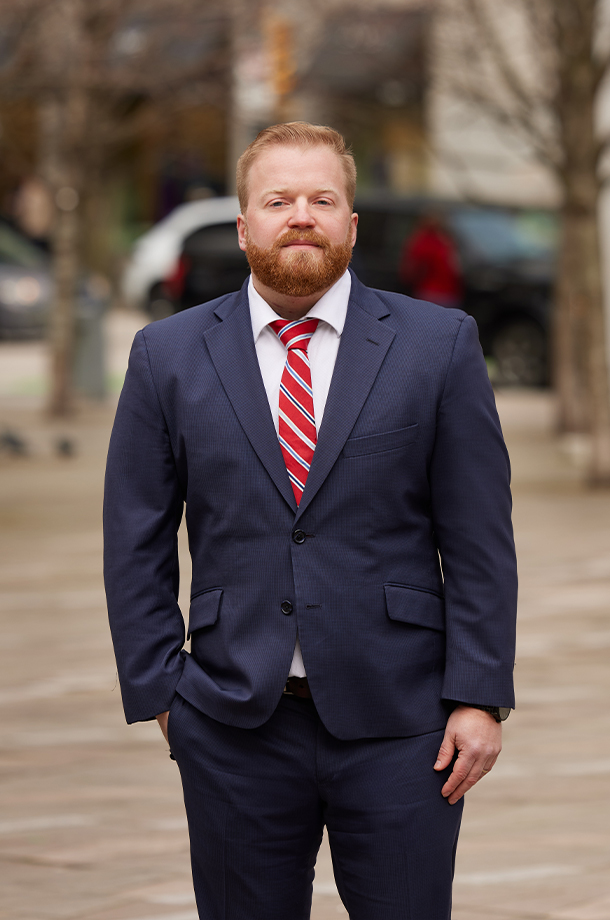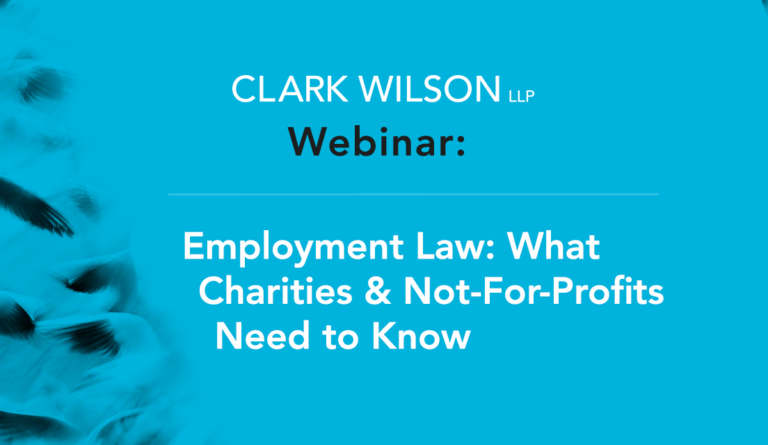The Copyright Act’s notice and notice regime puts internet service providers in the role of “monkey in the middle”. An ISP provides network access to its customers or constituents (like a university or college that provides internet access to its faculty, students, staff and visitors). Copyright holders and their agents are watching, and if they think that a customer/constituent is infringing copyright through that network, they may send an infringement notice to the ISP. The ISP is then obliged to forward the notice to the person associated with the IP address where the infringement has taken place.
A key feature of the system is that the copyright owner and its agent do not know the identity of the individual user. Only the ISP is in a position to figure that out.
But figuring that out is not an easy task – it takes time, which, to paraphrase the old adage, means it costs money.
So, what is an ISP to do to keep itself whole? Can it pass along those costs to the copyright owner or their agent? The answer is a clear “no” – the provisions of the Copyright Act specifically prohibit passing those costs along.
But what happens when the copyright holder takes the next step – and sues the customer/constituent for copyright infringement? At that point, the copyright holder normally seeks a court order to compel the ISP to disclose the identity of the allegedly offending customer/constituent.
That again takes time, and costs money… especially if the claim doesn’t just name one person, but names tens of thousands…
So what’s an ISP to do? Does it have to absorb the costs; or can it pass along the costs to the copyright owner?
The answer recently provided by the Supreme Court of Canada is a formula that is difficult to state, and likely just as difficult to put into practice: the ISP can recover the costs to comply with the court order minus those costs that overlap with the costs to comply with its obligations under the notice and notice regime.
The ability to collect at least some fees is a welcome rebalancing of the cost-burden associated with administering the notice and notice regime, and may go some way toward discouraging frivolous or over-reaching claims.
Want further details? Read on:
The Supreme Court of Canada, in Rogers Communications Inc. v Voltage Pictures, LLC, 2018 SCC 38 (“Voltage”), confirms that a network service provider is entitled to its costs for compliance with a Court order requiring the production of identifying information about its subscribers. These costs should be reduced to any extent that they overlap with costs for compliance with obligations under the so-called “notice and notice” provisions of the Copyright Act.
In Voltage, the plaintiff sued approximately 55,000 unidentified persons for copyright infringement. It alleged that the unidentified persons shared its films over the Internet using peer-to-peer file sharing networks. The plaintiff sought an order, known as a Norwich order, to compel Rogers to disclose these defendants’ names and contact information.
Voltage sought this order with no fees or disbursements payable to Rogers. The notice and notice provisions (starting at section 41.25) require network service providers to forward notices of infringement to their subscribers and without charging any amount for their compliance with these obligations. The Copyright Act allows the Minister of Industry (now called the Minister of Innovation, Science and Economic Development) to fix a maximum fee that a person may charge for compliance, but no such fee has ever been set.
At the heart of the reasoning is the distinction between the service provider’s obligations under the notice and notice regime and its obligations under a Norwich order. Under the notice and notice regime, service providers have an obligation to ensure the accuracy of their records and to determine the identity of a person to whom an IP address belongs, whereas under a Norwich order, service providers are obligated to actually identify a person from their records. Sometimes these obligations overlap, and costs are not recoverable to the extent that there any overlap. But where these costs do not overlap, a service provider can recover its reasonable costs for complying with the Norwich order.
If you have any questions about the notice and notice regime or about copyright in general, call David Bowden, an associate with Clark Wilson LLP’s Intellectual Property Group (604.643.3110).




